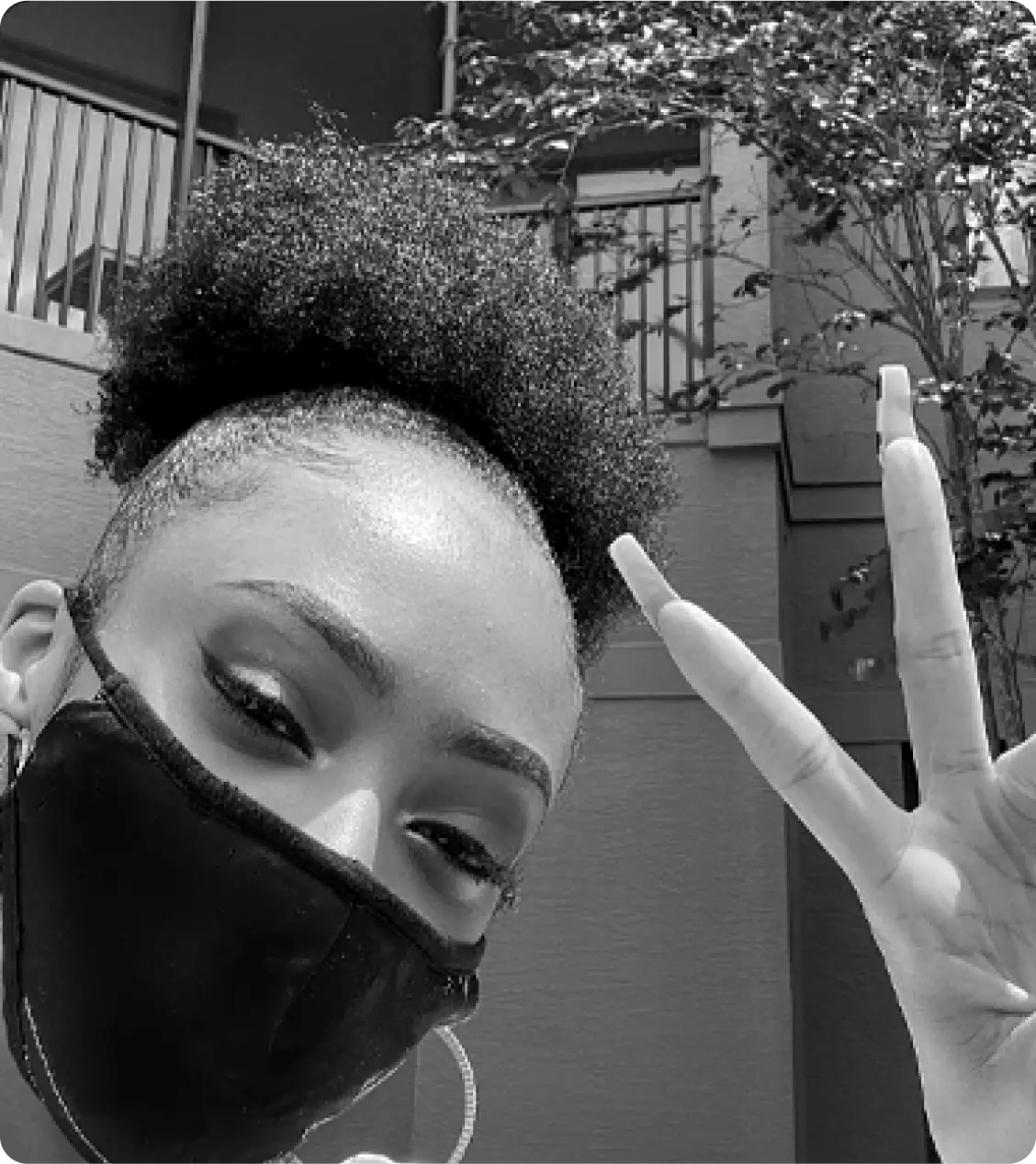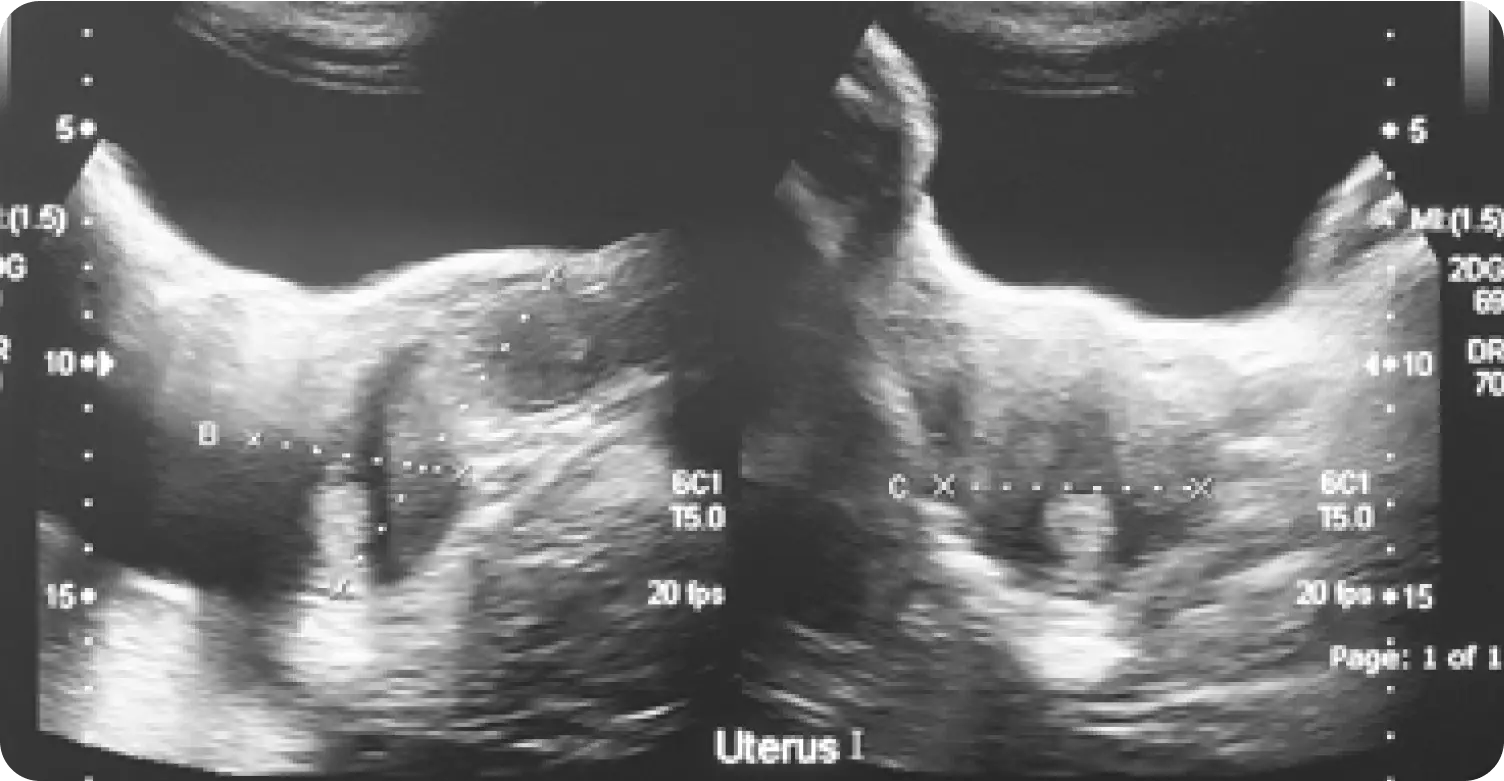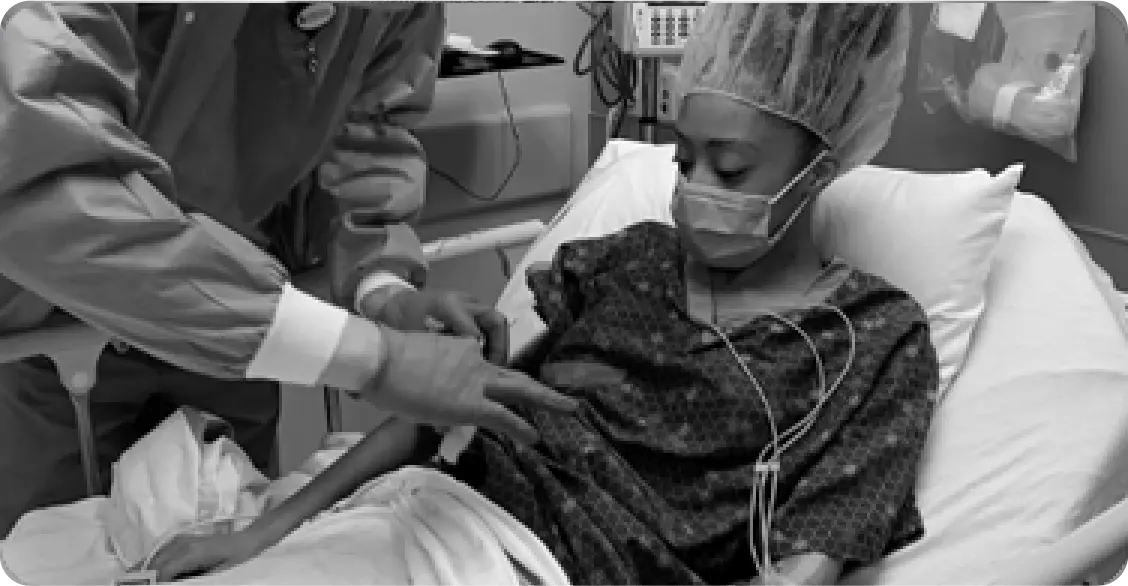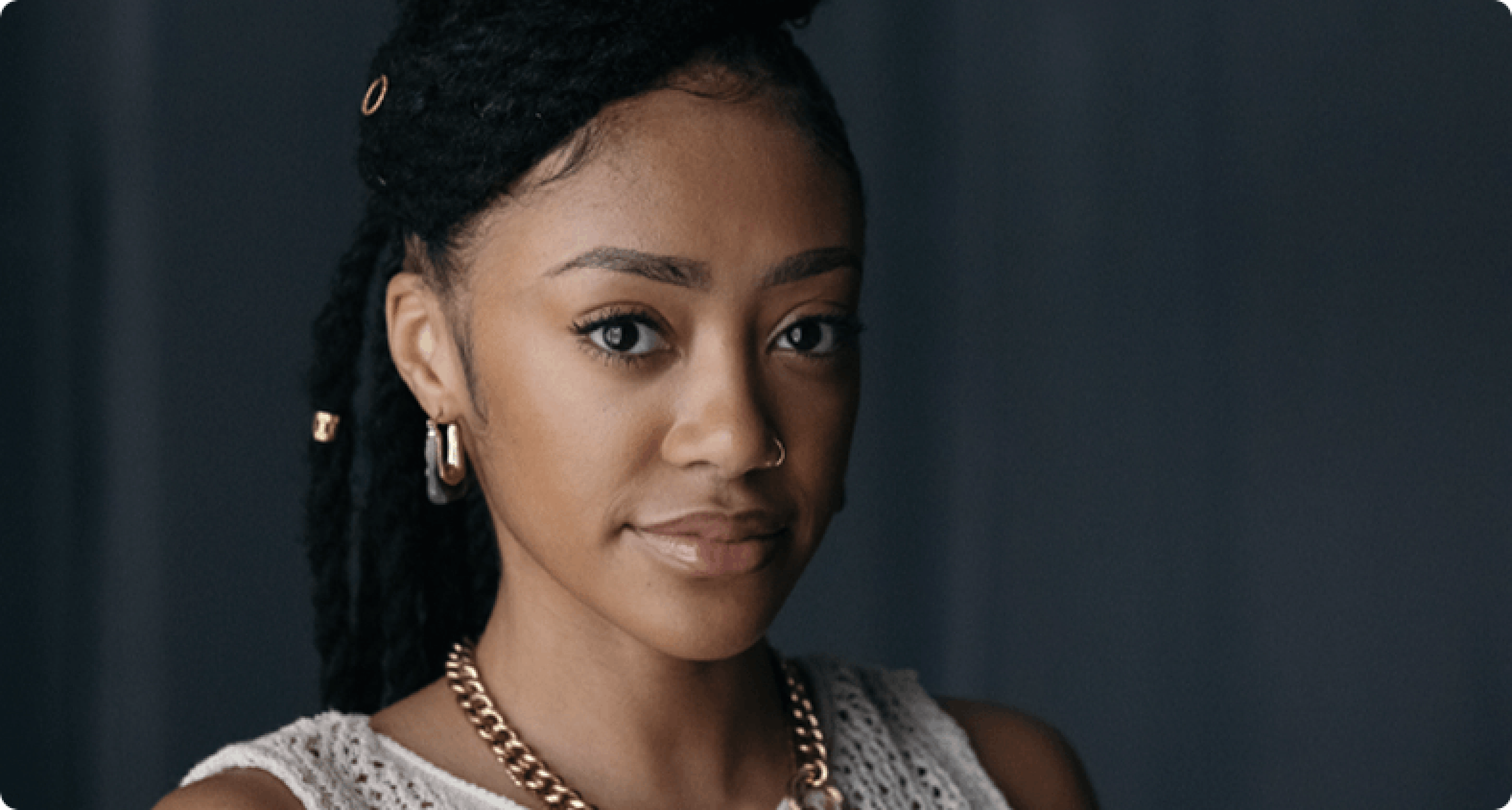When Etisyai was 14, she suffered from extremely heavy and lengthy periods. She visited an OBGYN, who recommended birth control. She was not sexually active at the time and felt birth control was inappropriate for such an early age but agreed to try it anyway. Unfortunately, it didn’t help. Her periods got worse and started affecting her daily life. Missing classes and flopping on friends became the norm. And some days, even getting ready in the morning was unbearable.



Etisyai spoke to multiple OBGYNs, who kept telling her how strong she was. When asked about her experience, she mentioned thinking, “I’m not strong. I’m actually suffering. And I’m minimizing my pain because I feel like no one understands me.” The more doctors dismissed her pain as “normal,” the more she began thinking it was her. Or her mattress. Or her daily routines. Or her diet. It took years of excruciating back pain, spasms, nausea, vomiting and extended bleeding to finally determine that the root of her pain was not “normal”. It was stage 4 endometriosis.

Nearly 10 years after her first office visit, at the age of 24, Etisyai was in so much pain that she admitted herself to the emergency room. After a few more tests, the doctors recommended she see a specialist immediately. Just 2 days later, she underwent surgery to remove a large pelvic mass, which caused so much internal damage that her left fallopian tube and ovary had to be removed, as well.
The entire experience was traumatic, but Etisyai says the scariest part was having to consent to a full hysterectomy, which would have resulted in infertility. Fortunately, they did not have to remove her uterus, but the mere thought of such a procedure for a 24-year-old is devastating.
Since surgery, Etisyai has been fighting hard to manage her endometriosis by changing her diet, medications, and supplements, and consulting new doctors. Her current OBGYN has provided hope for improved uterine health and reassured her that having children could be in her future.
Overall, Etisyai feels that her current situation could have been avoided if doctors had listened to her pain and provided more care, compassion, and knowledge early on in her journey. She concluded, “It shouldn’t have taken losing a fallopian tube and ovary to say I now have doctors that listen.”